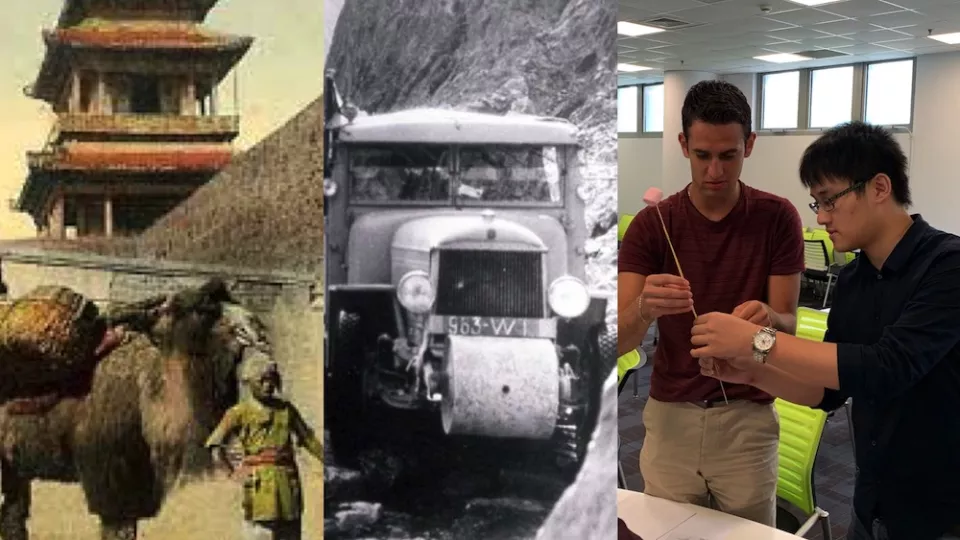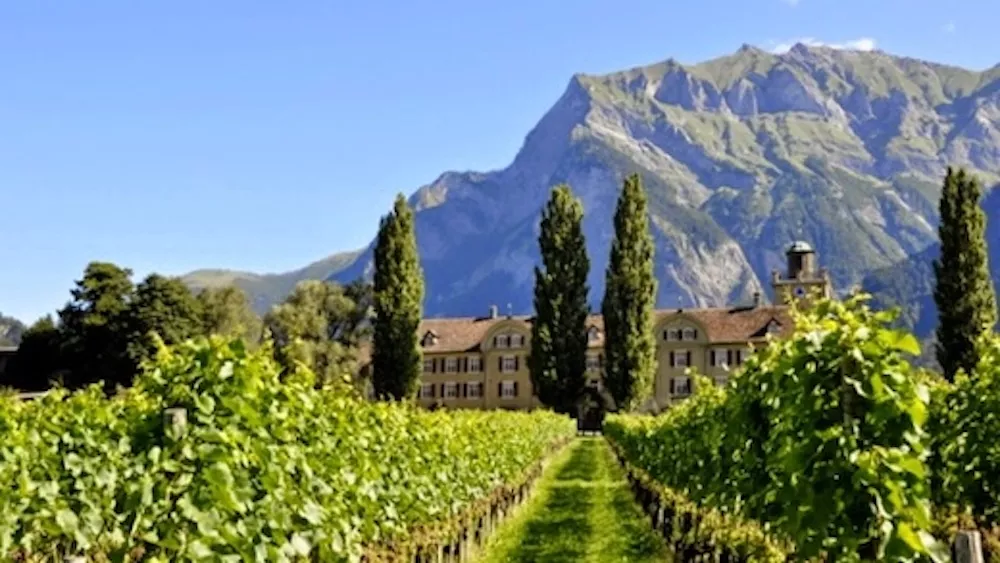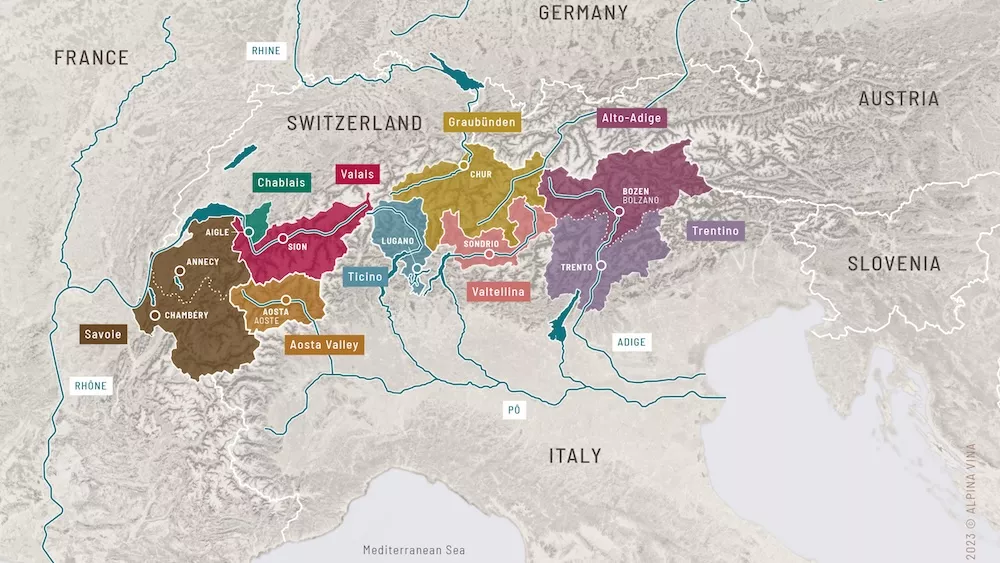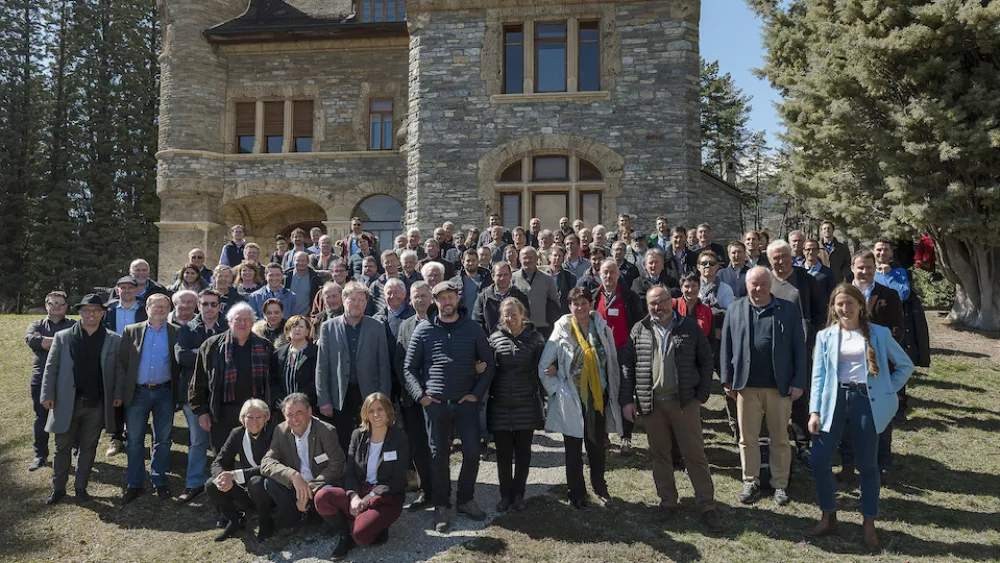The silk roads will never cease to exist
- Project
The silk roads between China and Europe are widely recognised as the most ancient and prolific axe in the world and has impacted all the countries it crossed and their neighbours. A story well told by Peter Frankopan in his best seller The Silk Roads*.
This ancient network of protected terrestrial trade routes, formally established during the Han Dynasty of China, linked the regions of the ancient world through commerce between 130 BC and 1720. The Chinese government now plans to revive this route.
Although silk was initially the main trade, other goods, knowledge or ideas have travelled from one side to the other for the past 2000 years. Innovations such as the paper and printing blocks were brought to Europe and after being improved by Gutenberg, will dramatically facilitate the spread of knowledge around the world.
Marco Polo was the first to leave a detailed chronicle of his travel experience; nowadays one would cite the more modern stories of Citroen’s yellow cruise or Ella Maillart and Peter Fleming.
While in ancient times the journey from Venice to Xian on foot would easily take more than a year, nowadays it’s a 10 hours flight. We can only imagine what the caravans had to endure when travelling that route; by comparison even the crowded economy class of an airline is a luxury trip.
During the end of the 20th and the start of 21st century, with the development of China’s economy and the stagnation of Europe, the centre of gravity has moved towards the Orient making this axe even more important.
On the footsteps of the silk roads
Innokick (innovation kick start) is an interdisciplinary master where students learn to rapidly develop innovative products and services and bring them to market.
This year, I was invited to coach Innokick’s Summer Academy, which has been taking place in China for the past four years. Students are flown to China for ten days and asked to blend with their Chinese counterparts while solving cases. This year the event took place at the ShanghaiTech University under the excellent leadership of Professor Guanwei Li.
I see these exchanges as a modern contribution to the broader understanding of The Silk Roads and being part of such an adventure is always a privilege.
Book *The Silk Roads, Peter Frankopan, A new history of the world. Bloomsbury



